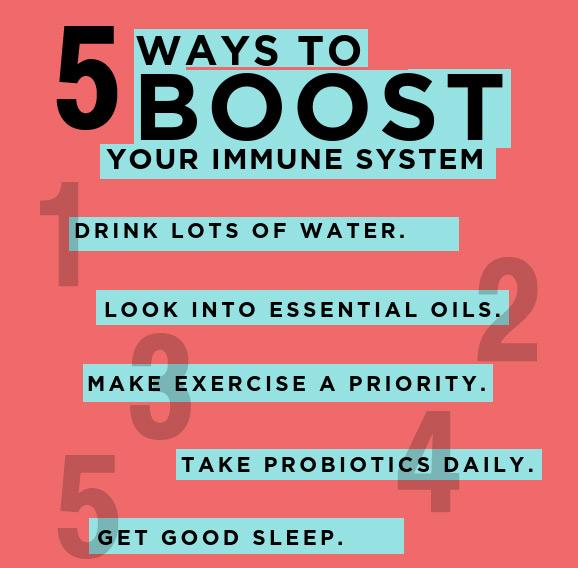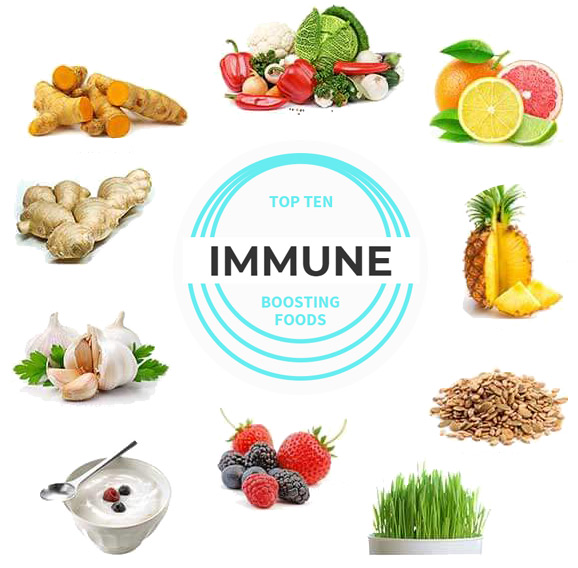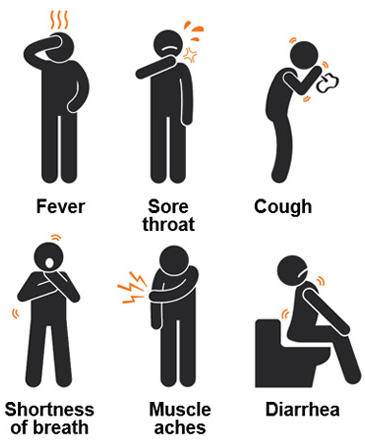Coping with the Coronavirus (Covid-19)
by New Directions Counseling Services, LLC
**UPDATE**
Our response to this unprecedented time is to provide telehealth and tele-psychiatry sessions for New and existing clients. It is available for nutrition, counseling and psychiatric needs.
Please register for our Telehealth Group starting Thurs. April 23 to share more about your experience, learn mindfulness skills and ease relationship tension.
Dear Clients, Patients and Friends of New Directions Counseling,
I hope this message finds you well as the Spring season draws near. I’m sure that most of you have been following the breaking news about COVID-19 or the Coronavirus. Accordingly, I want to take a moment to reach out to provide updated information about the virus, as well as information about preparedness steps you can be taking and about preparedness steps we are taking at New Directions Counseling to promote the safety and well-being of everyone that comes into our offices. ~ Michael Schneider, Psy.D – Owner and Founder
What you can do.
- Wash your hands often with soap and water for at least 20 seconds, especially after going to the bathroom, before eating, and after blowing your nose, coughing, or sneezing.
- When soap and water are not readily available, use hand sanitizer to disinfect your hands.
- Cover your face with a tissue, your sleeve or your elbow when you cough or sneeze.
- Avoid touching your face (eyes, nose and mouth) as much as possible.
- Regularly disinfect surfaces that you frequently touch.
- Stay home and avoid contact with others as much possible if you are feeling ill.
- **Notify our office immediately if you have recently traveled to a part of the United States or to a foreign country in which there has been a known outbreak of COVID-19, or if you have recently had contact with someone that has engaged in this type of travel**
Boost Your Immune System!
- Stay hydrated – drink 8-10 glasses of water per day.
- Get plenty of sleep.
- Use relaxation strategies to keep your stress level in check.
- Maintain a healthy, well balanced diet that includes lots of green foods and yellow foods such as broccoli, spinach, garlic and ginger.
- Consider supplementing your diet with key vitamins including Vitamin C, the B vitamins and Vitamin D3 (consult with your physician or a nutritionist for guidance).
- READ MORE ON IMMUNE SYSTEMS and NUTRITION
Top Ten Foods for Boosting Immune System
Updates on Coronavirus:
For the latest Covid-19 data, click the link below:
John Hopkins World Virus Tracking Map
What is the Coronavirus (Covid-19) and what are the symptoms?
- Coronaviruses are a large family of viruses that include the virus for the common cold. COVID-19 is a novel or new Coronavirus not previously identified.
- Fever, dry cough, and trouble breathing are the common symptoms of COVID-19. It mainly causes respiratory illness.
- Those who have the virus may have no obvious symptoms or symptoms ranging from mild to severe. In some cases, the virus can cause pneumonia and potentially be life-threatening.
- Symptoms may appear as early as one day after exposure but may take as long as 14 days to occur with 5 days being most common.
- People over age 70 and those with significant medical problems, such as diabetes or cardiovascular disease, are particularly susceptible to experiencing more severe symptoms of COVID-19.




